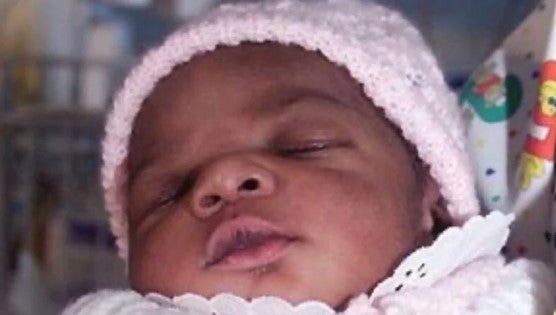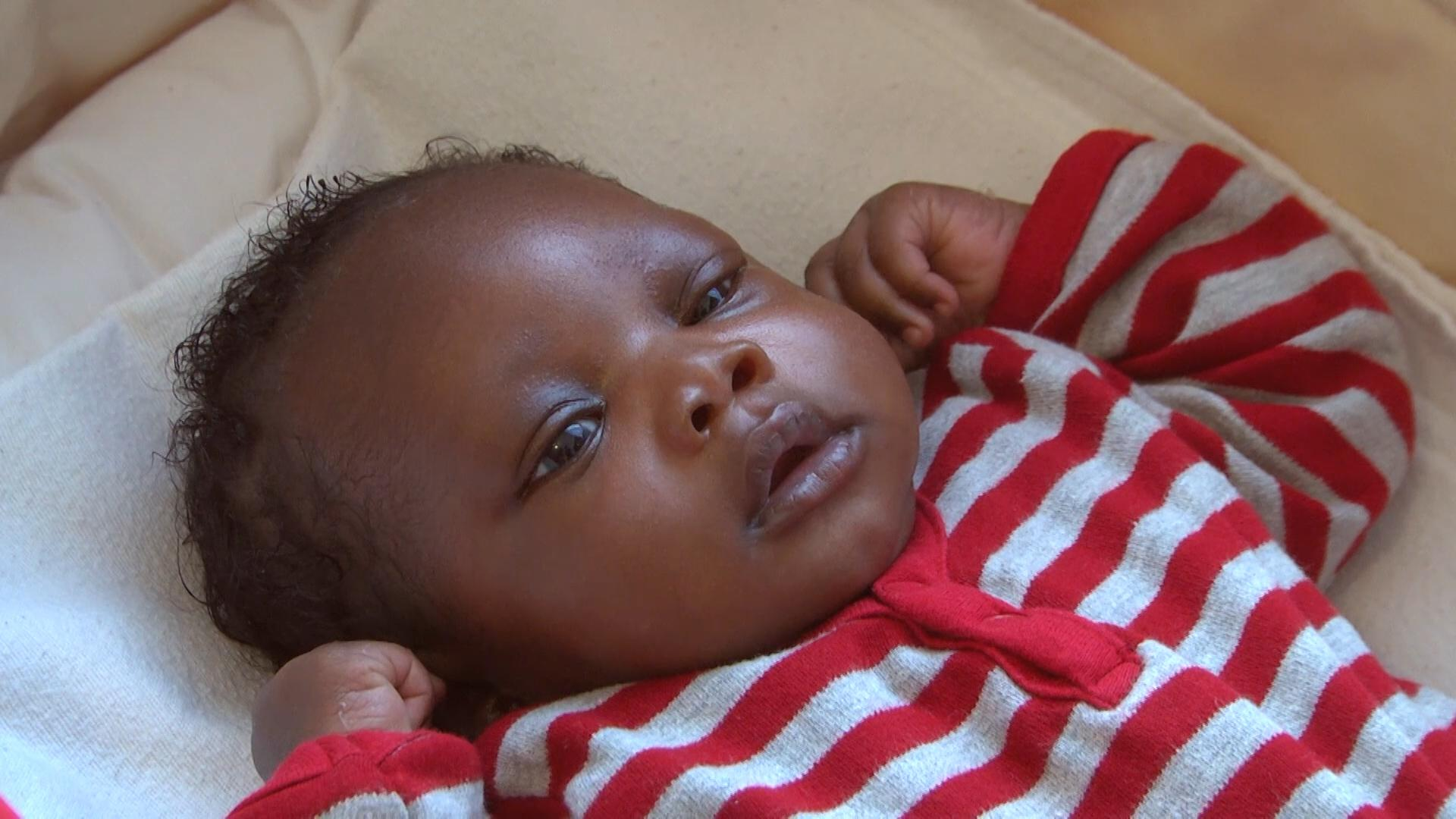Woman abandoned as a child campaigns for US-style baby boxes for parents to leave unwanted offspring
Toyin Odumala is calling for temperature-controlled hatches to be placed outside hospitals

Your support helps us to tell the story
From reproductive rights to climate change to Big Tech, The Independent is on the ground when the story is developing. Whether it's investigating the financials of Elon Musk's pro-Trump PAC or producing our latest documentary, 'The A Word', which shines a light on the American women fighting for reproductive rights, we know how important it is to parse out the facts from the messaging.
At such a critical moment in US history, we need reporters on the ground. Your donation allows us to keep sending journalists to speak to both sides of the story.
The Independent is trusted by Americans across the entire political spectrum. And unlike many other quality news outlets, we choose not to lock Americans out of our reporting and analysis with paywalls. We believe quality journalism should be available to everyone, paid for by those who can afford it.
Your support makes all the difference.A woman who was abandoned as a newborn is campaigning to introduce baby boxes in the UK, that would allow parents to leave their offspring in a safe place if they cannot care for them.
Toyin Odumala’s petition comes after it emerged that three newborn babies found in east London parks over the past seven years shared the same parents. DNA tests proved that Baby Elsa, who was found by a dog walker in Newham in January, is the biological sister of two babies found in similar circumstances in 2017 and 2019.
Inspired by Elsa’s discovery, Ms Odumala’s online campaign has so far attracted more than 41,000 signatures. It calls for the UK to mirror the US with their Safe Haven Baby Boxes, which are installed at designated locations such as hospitals and fire stations.

Now 22 years-old, Ms Odumala was discovered outside a block of flats in Plumstead, south-east London, in July 2001 by dogwalkers who found her wrapped in a denim jacket with her umbilical cord still attached. She was taken to hospital and adopted four months later by a Nigerian couple, who explained her origins when she was 11.
Ms Odumala is now focused on making changes for abandoned children, as she told the BBC earlier this year that reading the story of baby Elsa “brought back all the pain”.
Baby boxes first began appearing in the US in 2016 and are often provided by charities, with similar initatives appearing in Germany, Switzerland and Hungary.
They are temperature-controlled and have a sensor that immediately alerts emergency services that a baby has been placed inside, ensuring that no newborn dies from exposure to the cold.
While very few babies are recorded as abandoned at birth in England and Wales, the ONS have not published data on the topic since 2015, with the last deserted child registered in 2011.

However, academic researchers believe that the figure is closer to 16 babies each year, based on analysis covering the period 1998-2005.
In their 2009 study, Professor Lorraine Sherr and her colleagues at University College London estimated that only 28 per cent of mothers who had abandoned their children were found, while their motivation remains speculative.
This could range from mental health issues, poverty, drug and alcohol addictions and family or legal issues.
Aside from Baby Elsa and her siblings, other cases of child abandonment have made headlines in recent years, with a newborn named George discovered by a dog walker in Birmingham in 2021.
Believed to be only hours old, he was taken to hospital with police launching an urgent appeal to discover his mother, who was eventually identified eight months later.
A newborn was also discovered by a postman outside a vicarage in Hackney in January 2020, with the Met Police locating baby Edward’s biological mother a year later.
Given the unusual circumstances of this current case, a judge at the East London Family Court ruled that reporting restrictions could allow the publication of the link between Baby Elsa and her siblings.

Named Elsa after the Disney character in the film Frozen, she was believed to be less than an hour old when she was found abandoned in a shopping bag at the junction of Greenway and High Street South in East Ham on January 18 this year.
Her sister, Baby Roman, was found in similar circumstances in a play area off Roman Road, Newham, in late January 2019, as freezing temperatures and snow gripped the capital.
In September 2017, Baby Harry was found wrapped in a white blanket in Balaam Street, Plaistow.
Harry and Roman have since been adopted while Elsa remains in care and appeals for information on their biological parents continue.
Writing on Change.org, Ms Odumala said: “The UK needs these boxes too; we need to support new and expecting mothers by offering them mental health support and advice in safe spaces which can help reduce the number of women making the painful decision to abandon their newborns.
“We also need spaces that are open 24/7 and discreet as we understand many mothers may be ashamed or afraid. By implementing Safe Haven Baby Boxes across London initially, we can provide these women with an alternative option that ensures their child’s safety above all else.
“This is not just about saving lives; it’s about providing support for those who feel they have no other options left. Let’s make sure no baby has to start life abandoned on a doorstep or worse.”
Join our commenting forum
Join thought-provoking conversations, follow other Independent readers and see their replies
Comments